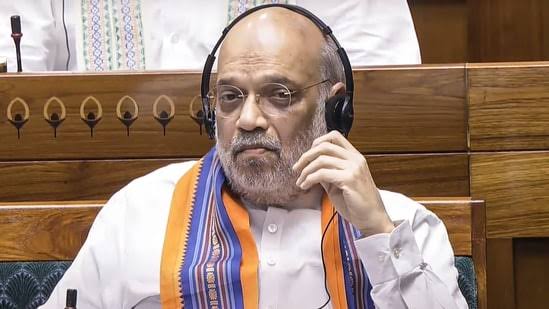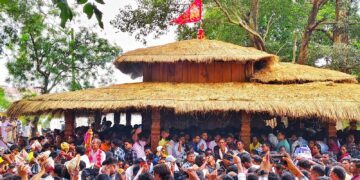The BJP-led NDA government has referred to a Joint Parliamentary Committee (JPC) three controversial bills that propose the removal of the Prime Minister, Chief Ministers, and state ministers if arrested for more than 30 days on charges carrying a minimum five-year jail term.
The bills – The Constitution (130th Amendment) Bill, The Government of Union Territories (Amendment) Bill, 2025, and The Jammu and Kashmir Reorganisation (Amendment) Bill, 2025 – triggered uproar in the Lok Sabha on Wednesday, with the Opposition branding them “unconstitutional” and a threat to parliamentary democracy.
Union Home Minister Amit Shah defended the move as an anti-corruption measure and secured passage of a resolution to send the bills to a JPC comprising 21 Lok Sabha MPs and 10 Rajya Sabha MPs. The committee will submit its report by the first week of the next session, expected in November.
Opposition leaders, including AIMIM’s Asaduddin Owaisi and Congress MP Manish Tewari, warned the bills undermine the principle of “innocent until proven guilty” and could be politically misused to destabilise governments.
Recent arrests of sitting CMs, such as Arvind Kejriwal and Hemant Soren, were cited as examples of alleged misuse of investigative agencies.
What will committee do, and by when?
Such a committee’s recommendations are advisory in nature, and not binding on the government.
The committee in this case has been mandated to submit its report to the House by the last day of the first week of the next session. That pushes the matter by around three months.
The next session is likely to be convened in the third week of November.
The committee can call experts, associations, or anyone it deems to be an interested party, to share their thoughts. Another prominent matter that is currently with a JPC, for instance, is the ‘One Nation, One Election’ proposal of the NDA government to hold the Lok Sabha and all assembly polls together.





























